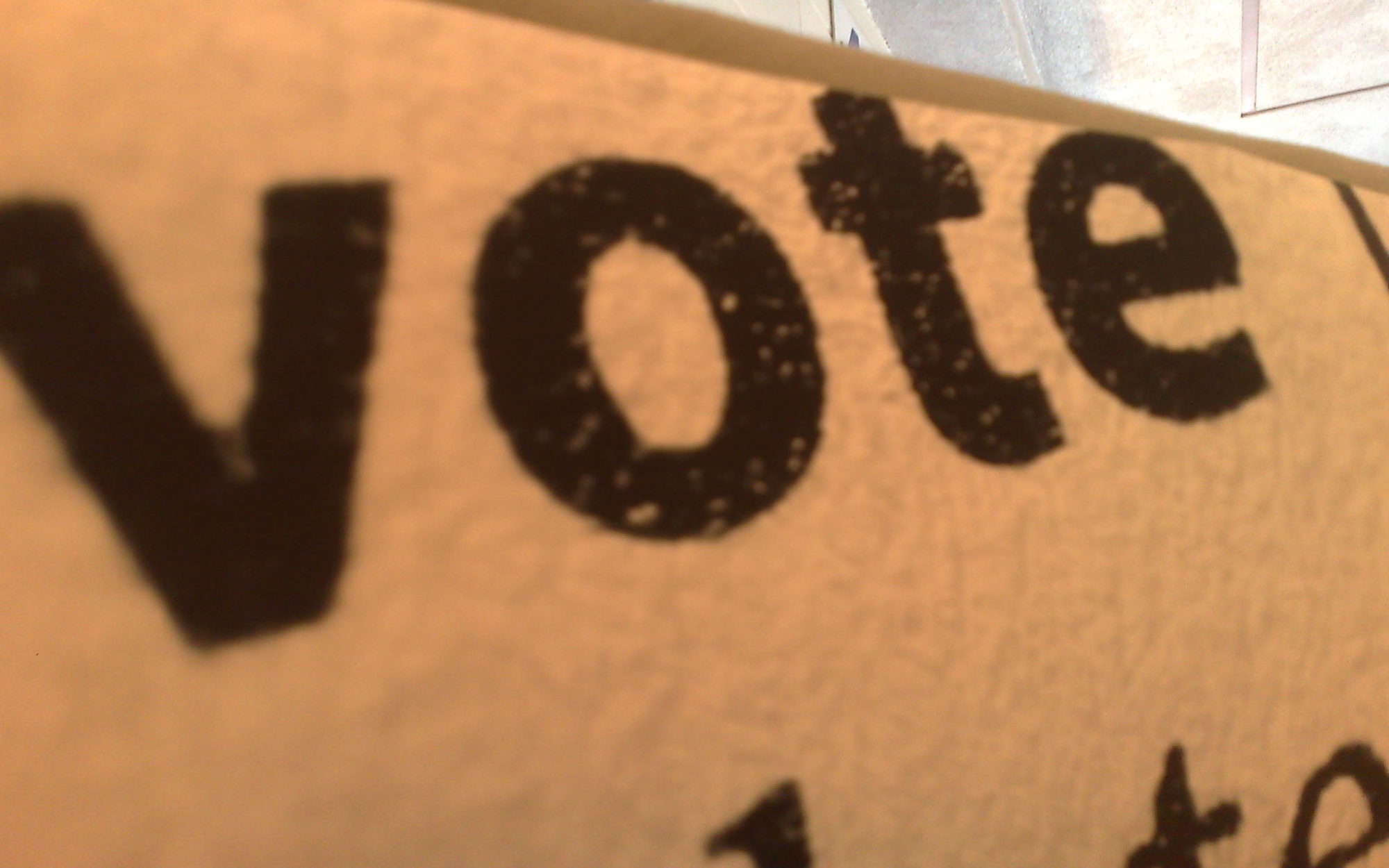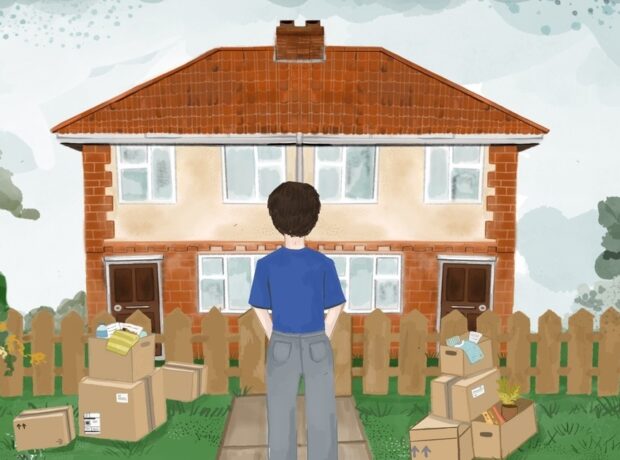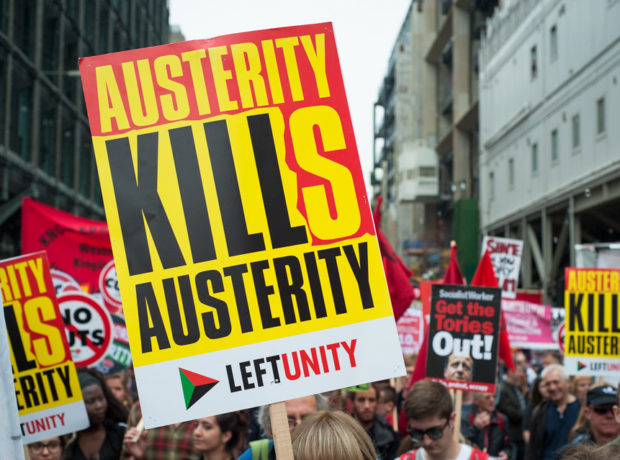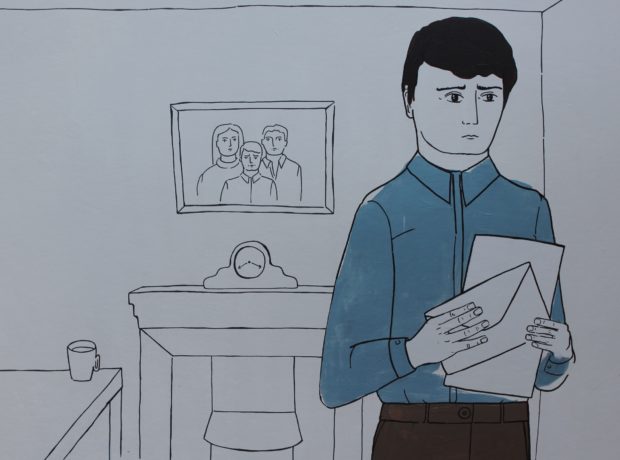I have to confess that I do like elections. Partly this is because I am a bit of an election geek.
The British general elections are a geek’s paradise. Daily opinion polls provide endless predictions of voting patterns. But do we trust this internet poll or that phone-based one to give us an accurate picture? How will national voting intentions translate into parliamentary seats in our archaic first-part the post system? Why do particular constituencies buck national trends? And then there is the election night ‘swingometer’ – the ultimate election geek play-thing.
More importantly, I like elections because they momentarily extend our political horizons. Politicians raise their heads from the daily political grind. They try to convince us of their particular analysis of the country’s ills, and sell us their vision of the future. And in this general election we have heard from more political leaders than ever before.
Nowhere is this more apparent than in the TV debates. Seven party leaders in the first debate. Five in the second. I sat down both times eagerly anticipating the clash of analysis and ideas. But as I write the morning after the second debate, I feel sadly short-changed, underwhelmed.
One minute Labour, one minute Green, one minute UKIP, one minute Plaid Cymru, one minute SNP (one minute Tory, one minute Lib Dem). Ed, Natalie, Nicola, Leanne, Nigel, (David, Nick) Ed, Natalie…..
The format allows for 60 second soundbites. Endless repetition of manifesto pledges. And political Blind Date – Nicola wants Ed, but Ed isn’t having any of it. Nigel wants David, but David hasn’t turned up for the second round of seductions….
Let me give you some examples of what is missing. Take austerity. Each leader positions themselves as either for or against it. In sixty-second land, austerity is a teflon-coated concept. You can’t dissect it, cut it up into its constituent parts, and examine it carefully piece by piece. You are just for it or against it.
But as Lacuna has shown over the last twelve months, austerity is not a single policy choice. It involves a multitude of decisions about where and how the axe falls. Not once in the TV debates did we hear about cuts that have shut down mental health services, domestic violence services, community law centres, or youth clubs up and down the country. The list goes on. Without dissecting austerity’s victims, measuring its impacts, how can we engage in a serious debate about how to achieve future prosperity?
‘Affordable housing’ was another term bandied about by all the contestants as a solution to our social problems. But this is another concept that needs careful interrogation. Be careful, it might not mean what you think it means. Don’t we deserve an opportunity to seriously interrogate the ideas of our political parties for how to tackle our housing crisis, and its terrible effects on the UK’s poorest and most vulnerable?
In both debates, political leaders queued up to put their weight behind Britain’s ‘hard-working families’. (Ed Milliband seemed to be trying to get it into every single sentence last night). But it was only in the closing minutes of the second TV debate that we finally heard sixty seconds from Natalie Bennett about anyone who doesn’t fit within this comfortable and heart-warming paradigm – like the disabled benefit claimant, who finds herself outside the scope of legitimate political concern. Everyone professes to have been up and down the country hearing from ordinary people. Ordinary people include that disabled benefit claimant, or the single parent forced out of the job market, families forced into using food banks, by an economic model that is fundamentally failing them. But we don’t have time to find out which politicians have really listened, and what they have really learned.
Maybe every generation feels like their issues matter more than any other. But when you survey the landscape of our concerns; from figuring out austerity to dealing with national debt, from tackling housing crises to combating climate change, the decisions we make in this election do seem particularly momentous. Is a series of sixty second soundbites sufficient? Or should we be demanding more?



